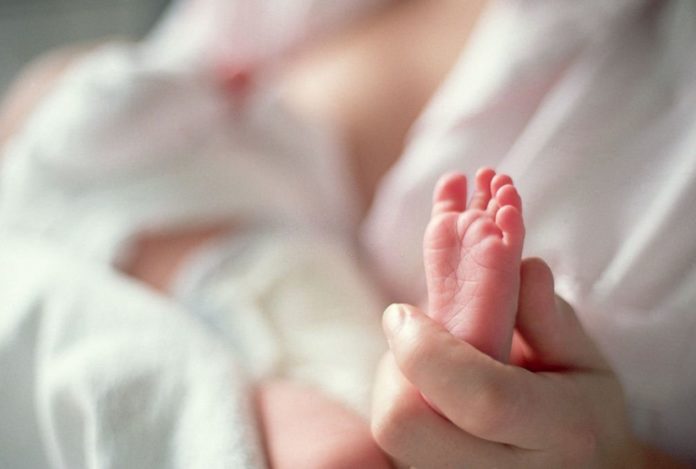Pregnancy is a phase of life that determines much of our subsequent development, and adversity during pregnancy can leave biological footprints that last a lifetime.
New findings support previous evidence of epigenetic changes in infants born to moms who experienced pandemic-related stress during pregnancy.
It demonstrates the need for more large-scale, multinational research to better understand the developmental implications of this public health crisis and to provide better care to parents and newborns.
According to a preliminary investigation presented at the 30th European Congress of Psychiatry, babies delivered to moms who had COVID-19 sickness during pregnancy have different neurodevelopmental outcomes at 6 weeks.
“Not all babies born to mothers infected with COVID show neurodevelopmental differences,” said project leader Dr Rosa Ayesa Arriola, but, according to new study published today, “their risk is increased in comparison to those not exposed to COVID in the womb .”
This new study indicated that newborns delivered to moms who had been infected had a harder time relaxing and adjusting their bodies when they were being held, especially if the infection occurred in the latter stages of pregnancy. Furthermore, newborns born to infected mothers have a harder time coordinating head and shoulder movement. These changes point to a potential COVID-19 influence on motor function (movement control).
The findings came from a preliminary assessment of the Spanish COGESTCOV-19 experiment, which tracked the course of pregnancy and child development in COVID-19-infected mothers. The results on pregnancy and post-natal assessment will be presented at 6 weeks following birth, but the investigation will continue to see if there are any longer-term impacts. Between the ages of 18 and 42 months, the researchers will track the verbal and motor development of infants.
In the first part of the study, 21 COVID-positive pregnant women and their babies were compared with 21 healthy babies born to women who were not infected with COVID and who went to the Marqués de Valdecilla University Hospital in Santander, Spain. During and after pregnancy, the moms were subjected to a battery of testing. Hormonal and other biochemical testing (measuring cortisol levels, immune response, and so on), salivary tests, movement reactions, and psychological questionnaires were among them. The age, gender, and other variables of the infants were all taken into account in the studies.
The Neonatal Behavioral Assessment Scale (NBAS), which measures how the baby moves and acts, was one of the tests done after the baby was born.
Ms. Águeda Castro Quintas, one of the authors of the study says that they “found that certain elements of the NBAS measurement were changed in 6-week-old infants who had been exposed to the SARS-COV-2 virus. Effectively they react slightly differently to being held, or cuddled.”
According to the author, “these are preliminary result, but this is part of a project following a larger sample of 100 mothers and their babies.”
Image Credit: Getty
You were reading: COVID Found Altering The Brain of Newborn – New Research
